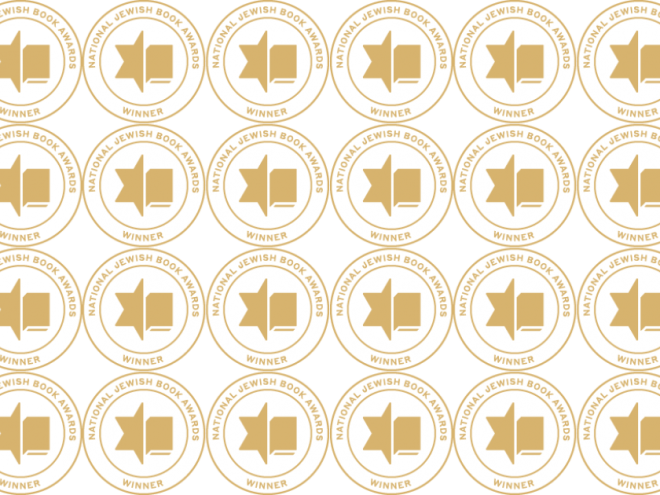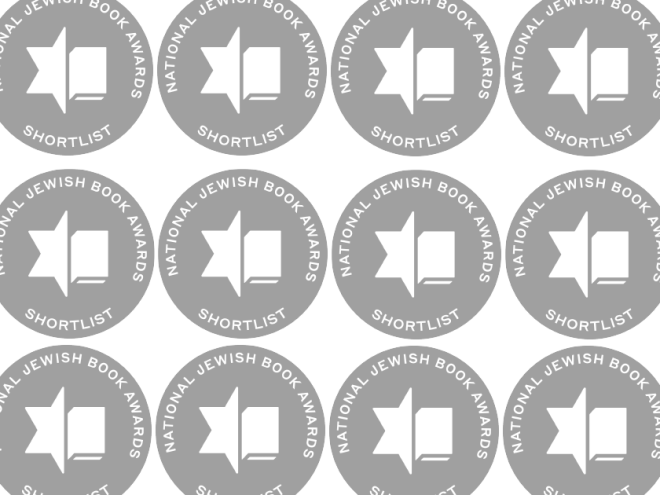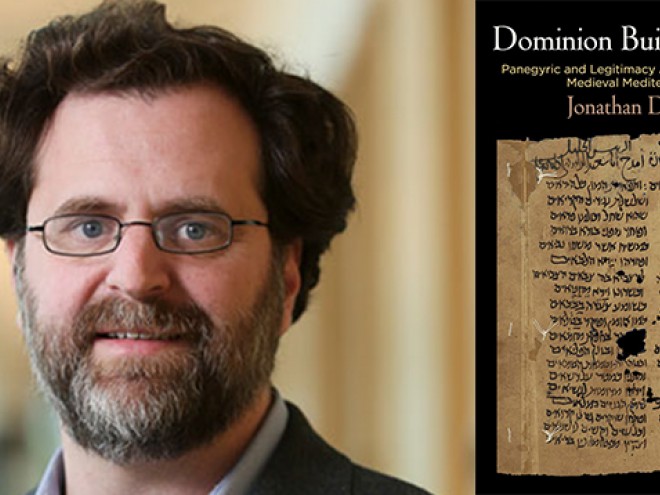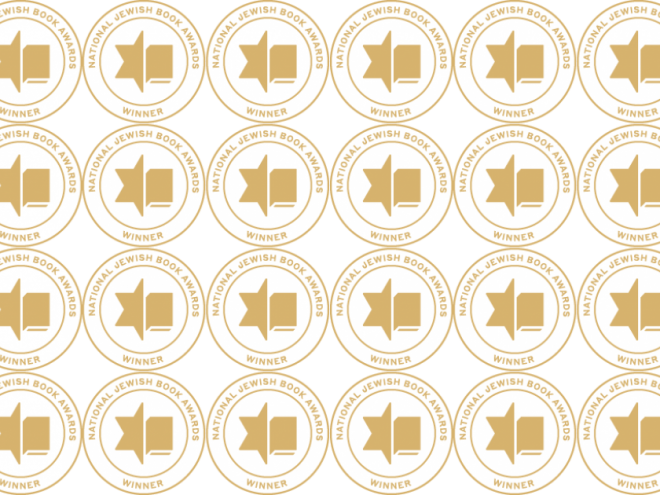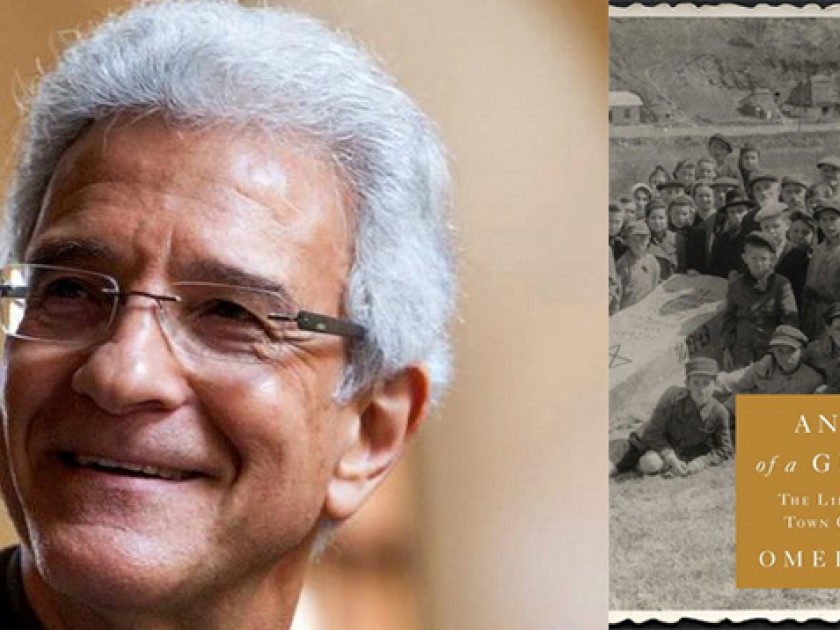
Image credit: Brown University
In advance of the 68th Annual National Jewish Book Awards ceremony on March 5th, 2019 (which you can buy tickets for here), Jewish Book Council is sharing short interviews with the winners in each category.
Omer Bartov’s Anatomy of a Genocide: The Life and Death of a Town Called Buczacz, is the winner of the 2018 National Jewish Book Award in Holocaust Studies in Memory of Ernest W. Michel. Bartov’s book explores how genocide took place in the East European border town of Buczacz, Poland (now Ukraine). The panel judges write: “Bartov’s monograph demonstrates the historical significance of towns and narratives that might otherwise be forgotten. It also helps us understand the complexity of interethnic conflict, which continues to trouble our world today.”
Which three Jewish writers, dead or alive, would you most like to have dinner with?
Isaac Babel, master of the short story and herald of the twentieth century’s horrors; Vasily Grossman, narrator of the titanic struggle in Stalingrad; and Joseph Roth, chronicler of Jewry’s harrowing journey to modernity.
What’s your favorite book that no one else has heard of?
S.Y. Agnon’s Ir u‑Melo’ah (A City in Its Fullness), a Nobel Prize laureate’s masterful biography of his hometown Buczacz and the lost world of Jewish Galicia.
Which Jewish writers working today do you admire most?
Edmund de Waal, Jewish only by heritage, whose Hare with Amber Eyes is an extraordinary tale of the rise and fall of a Jewish dynasty and Europe’s descent into barbarism.
What are you reading right now?
Yael Neeman’s Hyoh Haytah (Once There Was a Woman), a new Hebrew-language novel about the fleeting life of a gifted woman and victim of her parents’ Holocaust victimhood.
What are your greatest creative influences (other than books)?
Travel liberates me from my desk and books; conversations with strangers remind me of the vastness and familiarity of human experience.
What do you hope readers will take away from your book?
The book illustrates that the thin crust of social order can easily crack once we identify certain groups in our midst as outside the universe of human solidarity, and how quickly the forces of law and order can be turned against us.
